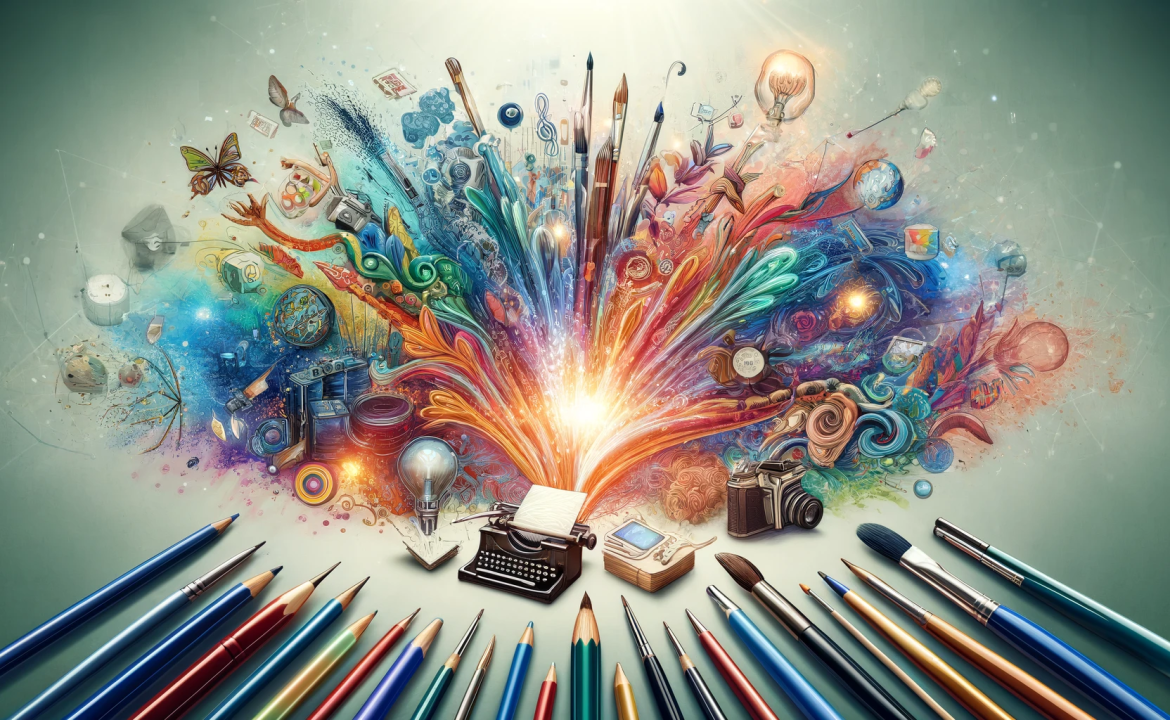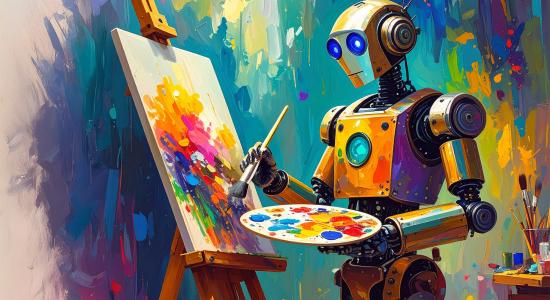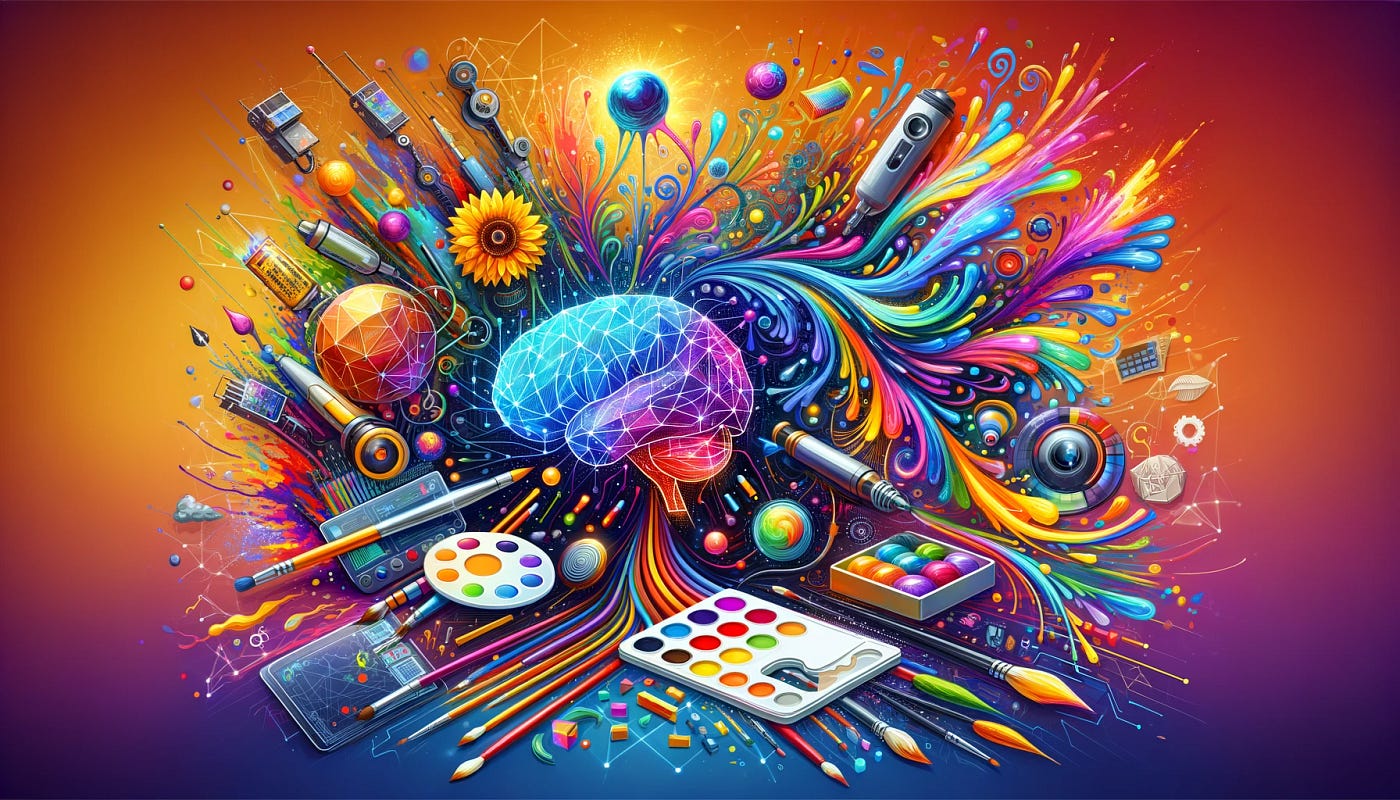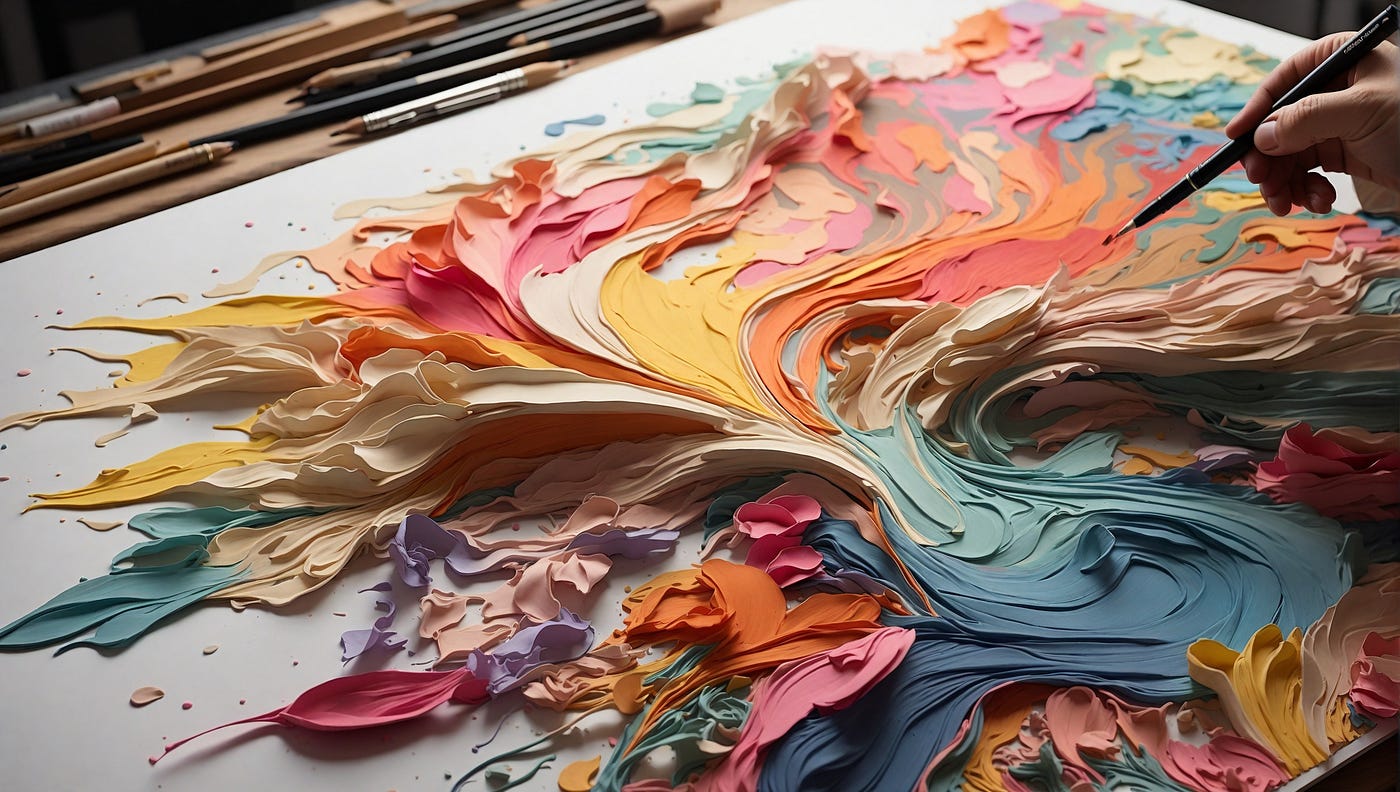Artificial Intelligence (AI) is rapidly reshaping the art world, sparking both excitement and debate among artists, curators, technologists, and scholars. As AI becomes more integrated into the creative process, experts from various fields have weighed in on its impact, potential, and challenges.
What Are Experts Saying About AI in Art?
Experts see AI as both a revolutionary tool and a disruptive force. Their insights reveal a complex landscape where technology, creativity, ethics, and human expression intersect.
Key Perspectives from Experts on AI in Art
AI as a Creative Partner
Many leading artists and researchers believe that AI is not here to replace human creativity but to expand it. According to art technologist Ahmed Elgammal, “AI is a collaborator that can help artists explore new creative territories, not a competitor that takes their place.” Experts encourage viewing AI as an assistant that generates possibilities artists might not envision on their own.
Redefining Authorship and Creativity
Philosophers and art historians, such as Dr. Marcus du Sautoy, emphasize that AI challenges traditional ideas about authorship. Who is the creator—the algorithm, the programmer, or the artist guiding the process? Experts argue that while AI can produce art, it cannot replicate the conscious, emotional intent behind human creativity.
Ethical and Legal Concerns
Legal scholars caution that AI-generated art raises significant copyright questions. Professor Annemarie Bridy points out that current copyright laws struggle to define ownership when a non-human entity creates the work. Experts call for updated legal frameworks to address authorship, originality, and intellectual property in the age of AI.
Potential to Democratize Art
Some experts highlight that AI tools can make art more accessible. According to Kate Crawford, co-founder of the AI Now Institute, “AI has the potential to democratize art-making by giving people without formal training the ability to create compelling works.” This opens doors for more people to participate in artistic expression.
Concerns About Loss of Emotional Depth
Art critics warn that AI-generated art might lack the authenticity and emotional depth that comes from lived human experiences. Jerry Saltz, a renowned art critic, has expressed concern that while AI can mimic styles and forms, it cannot convey genuine human emotion or personal stories in the same way human artists can.
Bias and Cultural Impact
AI ethicists stress that biases in AI algorithms can influence the kind of art being produced. Joy Buolamwini, founder of the Algorithmic Justice League, warns that AI systems trained on biased datasets may marginalize certain artistic voices and reinforce cultural stereotypes, limiting diversity in AI-generated art.
Conclusion
Experts across disciplines agree that AI is revolutionizing the art world, but opinions differ on whether this change is wholly positive. While AI can expand creative possibilities and democratize access to artistic tools, it also introduces challenges regarding authenticity, ethics, and cultural impact. The future of AI in art will depend on how artists, legal systems, and society navigate these complexities with thoughtful innovation and responsible practices.







Leave feedback about this